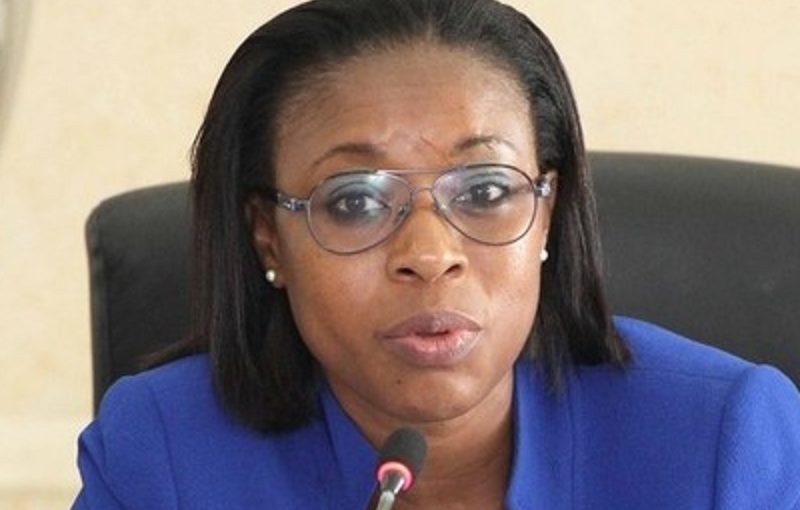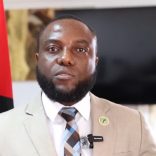Mozambique: 'Clear indications' terrorists have left Niassa - ANAC | Watch
Attorney-General wants better protection of resources

File photo
Mozambique’s Attorney-General, Beatriz Buchili, on Monday called for strengthening the legal instruments that seek to protect the country’s maritime, forestry, wild life and mineral resources.
Speaking in Maputo at the opening of a seminar on strengthening the role of the Public Prosecutor’s Office in defending collective rights, organised by her office, the European Union delegation and the Swiss Embassy, Buchili said that prosecutors have been working with the Ministry of Land, Environment and Rural Development to improve protection of the natural world, but a great deal still needs to be done.
“Our strategic challenge”, she said, “is to equip prosecutors, researchers and other staff involved with knowledge that allows them to attain the desired success in this mission. At the same time we would like to gather ideas about now to ensure greater commitment by the communities in preserving natural resources, and defending other collective interests”.
Buchili said her office is aware of the challenges posed by organised, transnational crime, including in the exploitation of natural resources, “and we want this seminar to reflect on the activities we have been undertaking, to assess the current stage of the preservation of natural resources and to share experiences with prosecutors from other countries”.
“The disorderly exploitation of natural resources, money laundering, corruption and other connected illegal conduct are evils that perpetuate the poverty of countries like ours”, she said.
The Minister of Land, Environment and Rural Development, Celso Correia, claimed that since 2015 (i.e. since the current government headed by President Filipe Nyusi took office) “we have reduced poaching in most of the Mozambican parks by about 90 per cent”.
He accepted that in 2017 “we had a serious problem in the Niassa Reserve (the largest conservation area in the country) but poaching there has been reduced. But we cannot rest just because of these results”.
A representative of the European Union, Geert Anckaert, told the seminar that, despite the advances made by the Mozambican state in partnership with other bodies, efforts should be redoubled so that poachers and illegal loggers “are investigated, charged, brought to trial and sentenced with exemplary penalties”.
“Speedy treatment of these cases”, he added, “will show the traffickers that Mozambique has zero tolerance towards crimes against wildlife and forestry resources. These crimes not only harm the environment, but also damage the state, which is losing millions of meticais which could have benefitted the development of the country”.
Anckaert noted that in February over 100 tonnes of illegally logger timber had been seized in the central province of Sofala, and that in April an attempt to export over three tonnes of ivory, representing the slaughter of about 434 elephants had been aborted in the port of Maputo.
During the seminar, Buchili signed memoranda of understanding with the public prosecutors’ offices of Botswana and Tanzania, covering cooperation in the fight against cross-border organised crime.













Leave a Reply
Be the First to Comment!
You must be logged in to post a comment.
You must be logged in to post a comment.